
Printf-style debugging using GDB, Part 1
You can use the GDB debugger to understand program behavior without any source code changes. In Part 1, learn how to run virtual print statements.

You can use the GDB debugger to understand program behavior without any source code changes. In Part 1, learn how to run virtual print statements.
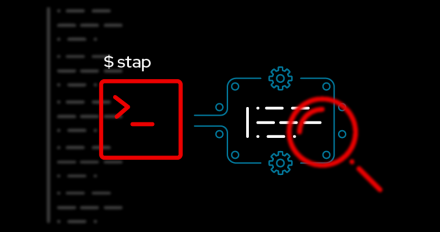
SystemTap allows access to low-level Linux kernel features. Explore enhancements to context variables, alias syntax, and BPF features in version 4.5.0.
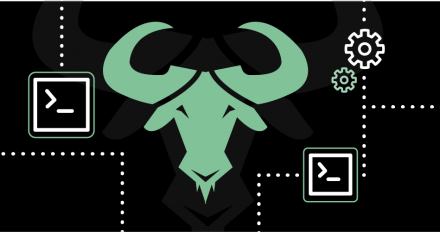
C++17 is now the default version in the GNU Compiler Collection. Find out what you need to know when updating your code to C++17 with GCC 11.

Do you need a quick way to solve bugs in foreign library code? Learn how to use SystemTap for statement tracing and differential analysis in any library.
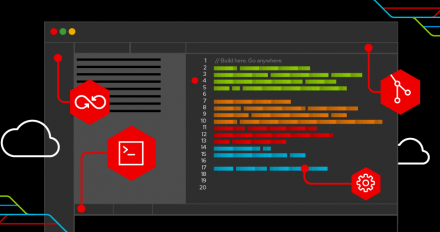
Easily switch between GCC and Clang for your RPM package. Learn the necessary changes and best practices to allow a spec file to build with both GCC and Clang.

Help GCC detect buffer overflows by using source-level annotations. This article describes three simple annotation types to detect out-of-bounds accesses.
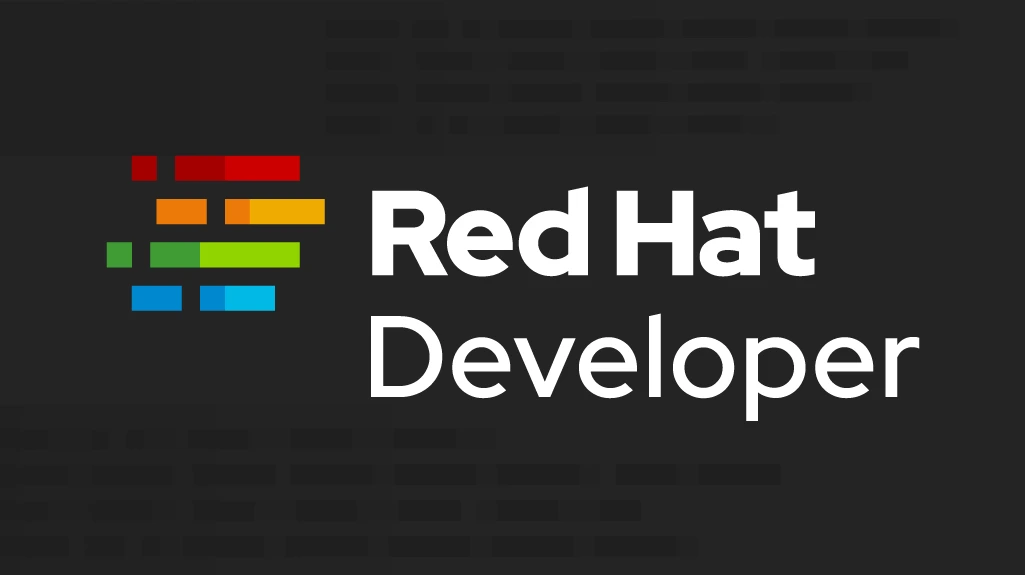
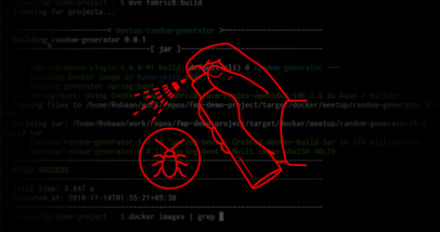
Debugging memory errors can be challenging, and having the right tool helps. See how Valgrind and Sanitizers compare for common C and C++ memory errors.
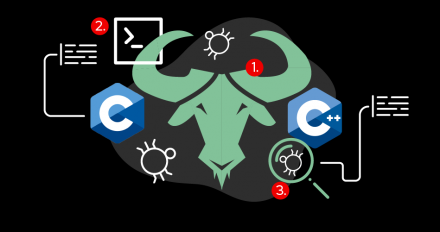
Learn how you can go back in time and replay what went wrong in a C/C++ program with rr (a GNU Debugger Linux enhancement) in this short demo.
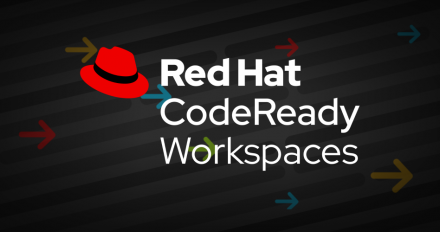
Create a Red Hat CodeReady Workspaces custom devfile registry for C++ development, then deploy a C++ application in CodeReady Workspaces using Docker.
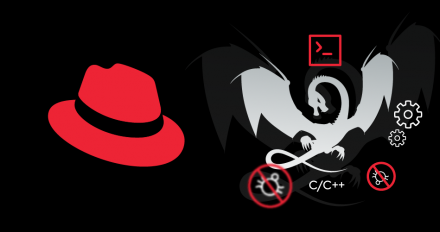
Get a quick introduction to C and C++ code analysis with clang-tidy, including checking for rule violations and integrating clang-tidy with a build system.
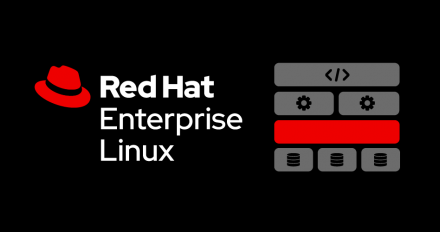
Find out why Red Hat recommends building Red Hat Enterprise Linux 9 for x86-64-v2 and what you can expect from this new, optional microarchitecture level.
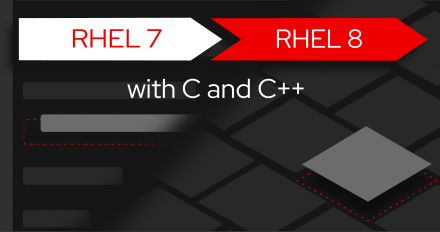
Learn how to use Red Hat Enterprise Linux Application Compatibility Guides to migrate your C/C++ applications from RHEL 7 to 8 without unpleasant surprises.

Explore the front end-based C++ features that C++ application programmers care most about in GCC 10.1 (G++ 10.1), which include many C++20 proposals.
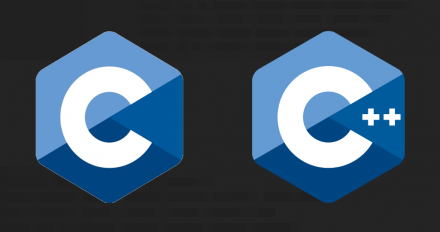
In part 2 of this series, avoid aliasing restrictions with programming language exemptions and compiler extensions, and explore possible resulting problems.

In part 1 of this series, explore C/C++ language restrictions, their challenges and pitfalls, and examples demonstrating their benefits in optimized code.

Explore the Red Hat Enterprise Linux (RHEL) 7 language and runtime updates available in Red Hat Software Collections 3.5 and Red Hat Developer Toolset 9.1.

Discover the design principles and performance improvements behind GCC's code generation strategies for defending against stack clash attacks.

Discover the thinking behind some of the ISO C++ Core Language Working Group's decisions regarding their responses to the last round of C++20 draft standard comments.

Write a Python-based application binary interface (ABI) checker to ensure backward compatibility between shared libraries in Linux systems

We describe the patches applied to Clang so that -D_FORTIFY_SOURCE works as well with Clang and glibc as it does with GCC and glibc.
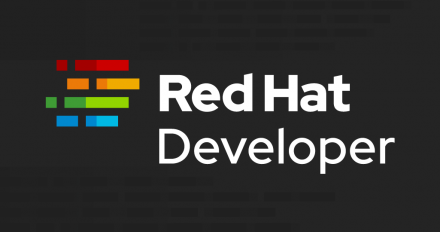
Why and how to configure a small or large elfutils debuginfod service.

Report on papers discussed in the Concurrency and Parallelism Study Group (SG1) at the 2019 WG21 C++ Committee meeting in Cologne, Germany.

We look at how the LLVM compiler header file called STLExtras.h extends the capabilities of C++ without any dependency on the rest of LLVM.

We show how to elegantly debug where a function returns using lldb from the command line.